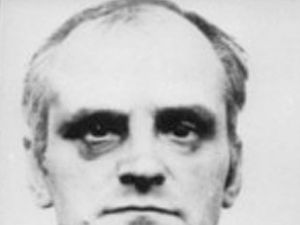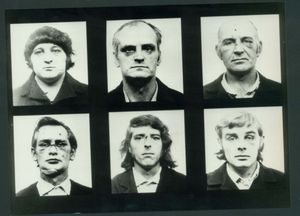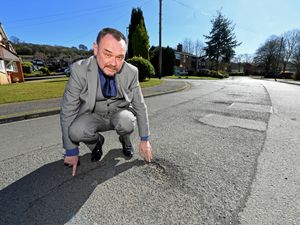Hugh Callaghan dies aged 93: The day Callaghan convinced E&S man Rhodes that he might be innocent
A few weeks earlier, he had dismissed the Birmingham Six's latest attempt to get their convictions overturned.

And now he found himself sat in a bleak prison room, face to face with Hugh Callaghan, one of the men convicted of killing 21 people, and injuring 182 others.
And Peter Rhodes, an award-winning writer for the Express & Star, wrote how the meeting left him convinced Callaghan might actually be innocent.
Callaghan, who served more than 16 years in jail after being wrongly convicted of the bombings, has died at a hospital in London aged 93.
Rhodes met Callaghan in the grim surroundings of Long Lartin prison, near Evesham, in June 1990.
At the time, the Birmingham Six – Callaghan, Paddy Hill, Gerard Hunter, Richard McIlkenny, Billy Power and John Walker –were trying for a third time to get their convictions for the Pub Bombings overturned.

Their prospects did not look great. Their initials application for leave to appeal was dismissed in 1976, the year after their conviction. Investigations during the mid-1980s by Granada television reporter Chris Mullin cast doubts on the men's guilt, but these were largely dismissed as what would today be called conspiracy theory. They were finally granted leave to appeal in 1987, but the convictions were upheld in January 1988 following a six-week trial.
The following year the Guildford Four – convicted of IRA pub bombings in Surrey in 1975 – were cleared by the court of appeal after a long campaign by Mullin, who was by this time a Labour MP. Rhodes interviewed Mullin, who told him he knew the Birmingham Six were innocent because he had spoken to some of the real perpetrators. He also said some of the police officers who worked on the case had admitted to getting it wrong.
Up until this time, Mullins had largely been dismissed as something of an eccentric, but Rhodes said the Express & Star was one of the first papers to take him seriously.





